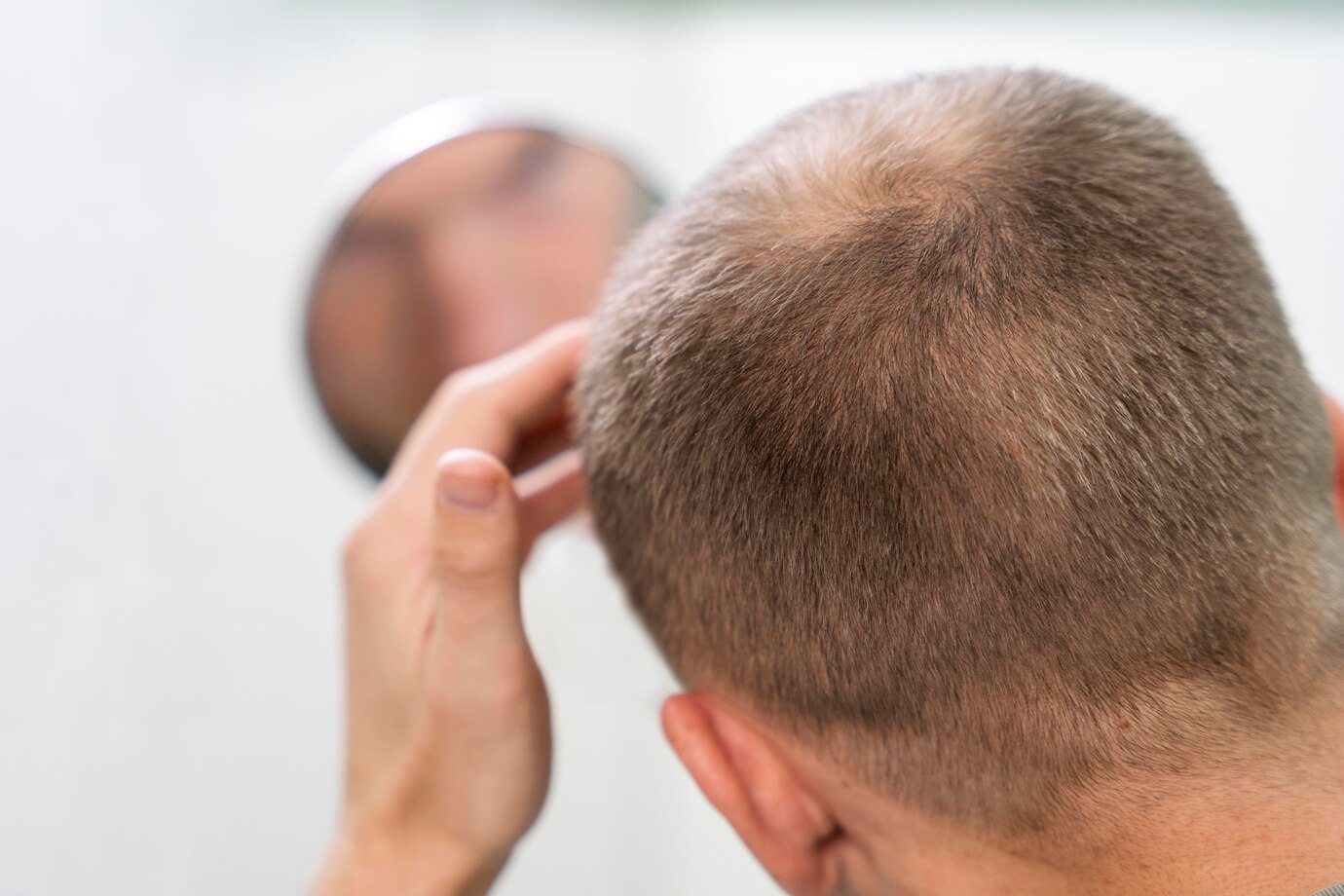Table of Contents
ToggleHair transplant is a life-changing procedure — but timing matters. Choosing the right age can determine how natural and long-lasting your results will be. In this guide, we provide clear answers on the ideal age for a hair transplant and what to consider before taking the step.
What Is the Best Age for Hair Transplant?
The ideal age for a hair transplant is usually between 25 and 45. This is when:
- Hair loss patterns have typically stabilized
- The donor area is mature and dense enough
- The surgeon can plan a long-term hairline strategy
While there’s no one-size-fits-all answer, getting a transplant too early (under 25) is often discouraged unless the hair loss is very advanced and stable.
- ✅ Best results are achieved when hair loss is predictable
- ✅ Age is just one factor — hair loss stage matters more
Why Age Matters in Hair Transplant Decisions
Age directly affects the predictability and planning of a hair transplant. Here’s why:
🧬 1. Hair Loss Pattern Stability
Most men experience gradual hair loss. If you get a transplant too early, you may lose more hair around the transplanted area, leading to unnatural results in the future.
🧠 2. Long-Term Planning
Surgeons can better design a natural, age-appropriate hairline when the patient’s hair loss has slowed down.
🧪 3. Hormonal Factors
In younger individuals (especially under 25), hormones can cause aggressive and unpredictable hair loss, which may not be finished yet.
📌 In short: A stable hair loss pattern = better, longer-lasting results.
Hair Transplant in Your 20s: Pros and Cons
Many people in their early 20s want a quick fix for hair loss. But this age group requires careful evaluation.
✅ Pros:
- High healing capacity
- Good donor area quality
- Strong hair growth post-surgery
❌ Cons:
- Hair loss is often still active
- Risk of unnatural future appearance
- Need for a second or third transplant later
Unless hair loss is advanced and stable (like Norwood stage 4 or above), most surgeons recommend waiting until the mid-to-late 20s.
📣 Expert Tip: If you’re in your early 20s and considering surgery, always consult with an experienced medical team. Sometimes, starting with medical treatment (like finasteride or minoxidil) is a better first step.


